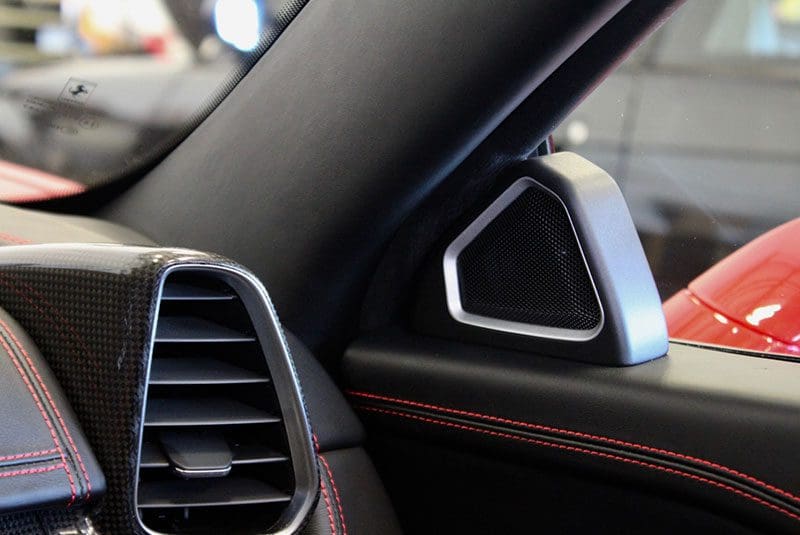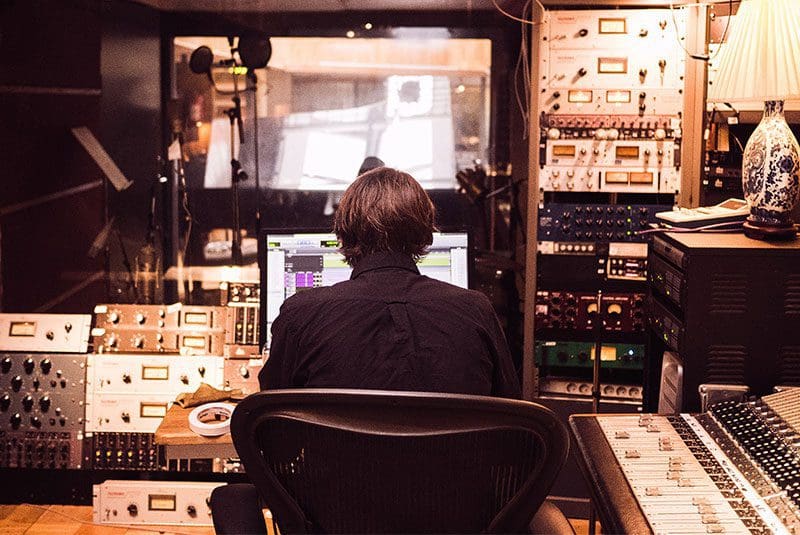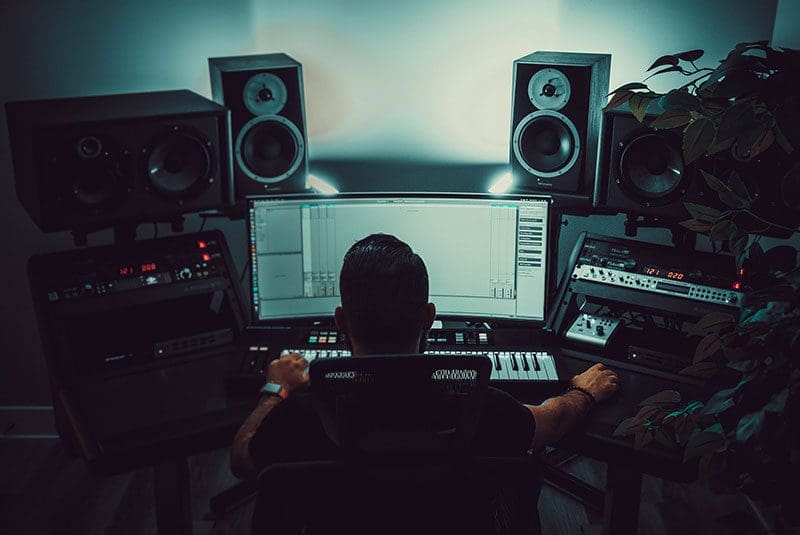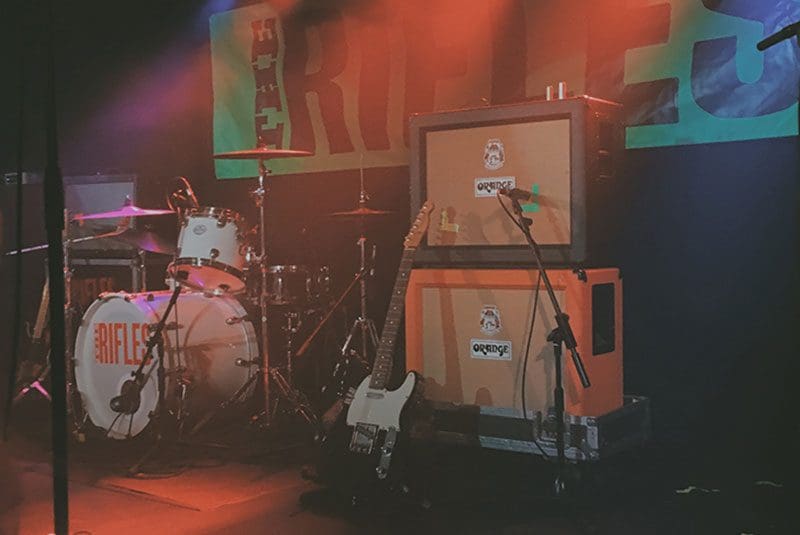If you’ve been an avid reader of BestCarAudio.com, you may have noticed that we never refer to a live concert as being the reference for great sound from your car stereo system. We’ve alluded to concert-level output capabilities to determine how loudly your system will play. We’ve also talked about imaging and staging that describe the recreation of the position of the performers on a stage. If you’ve followed closely, our reference for great sound is for your mobile audio system to sound as if it were what a recording engineer and producer hear in a studio.
How The Recording Process Works
When a musician or band spends time in a studio, the engineer and assistant engineer will arrange microphones around the performers to capture their performance. The placement of these microphones determines the sound of an instrument. For example, a mic placed near the sound hole of a guitar will capture a very different sound than one placed beyond the body along the neck. Likewise, microphones on the head of each drum will sound different than a microphone placed a few feet away from the kit so that it can include room reflections.
Finally, one of the more dramatic examples would be the difference between recording the output of an electric guitar after it passes through whatever effect pedals the performer has chosen, and the option of recording the output of a guitar amp-and-speaker combination.
As the musicians perform, the recording engineer will blend the levels of each microphone using the mixing console or a digital audio workstation (DAW). He may also apply different signal processing to each signal through rack-mounted processors like equalizers, compressors, limiters, noise gates, delays, reverbs and distortion modules. If working in the digital domain, these modifications can be done through software plug-ins that mimic their physical brethren.
It’s important to note that the perception of the recording session depends on the quality of the speakers in the studio and the acoustics of the control room (where the engineer works). The sound also depends on how many instruments and performers were in the studio while recording. Imagine the process of recording a jazz trio, but only one performer was in the studio at a time as opposed to all three playing together. Minute to moderate amounts of sound from each instrument will be captured, after a short delay, by microphones on other instruments.
Why Doesn’t My Car Stereo Sound Like a Concert?
If you choose to crank up AC/DC or The Who to sound pressure levels above 120 dB, then you are indeed recreating a component of the concert experience. What you are lacking is the acoustics of the venue. As the performers play, what you hear is determined first and foremost by the audio system at the venue and the front of house (FOH) engineer who is blending all the instruments together on the mixing console. Next, if the venue is indoors, strong acoustic reflections will add energy to different parts of the audio spectrum. These reflections also wrap the performance around the audience, since sound reflected off the ceiling, side or back walls arrives a moment after the sound coming directly from the speakers.
How Do I Know if My Car Stereo Sounds Right?
We could go on and on describing the technical differences between a live performance and what you hear when you play a song in your car. Accurate sound reproduction is a concept that fraught with myths, misconceptions and misinformation. The perception of accurate sound is also tainted by people’s listening preferences in terms of bass levels and high-frequency output. What is universally agreed upon, yet rarely discussed, is the goal of choosing products that offer minimal amounts of unwanted distortion. This starts with the source of your music and extends through the radio, signal processor, amplifier and finally the speakers used in the system.

How can you make sure your stereo sounds good? Listen to as many audio systems as possible. When you hear something that impresses you, find out why. Was it the speakers or the way the system was tuned? Latch onto that as a key component of your system, then listen to more. Many retailers will say things like, “These are the best speakers I’ve ever heard.” While that statement may be true, it doesn’t make those the best speakers available. Do your research. Audition as much as you can. Ask questions. Once you have established a reference for great sound, choose a mobile enhancement retailer to help you achieve that goal in your car, truck or SUV. Your new car audio system may not sound exactly like a live concert — it may sound a lot better!
This article is written and produced by the team at www.BestCarAudio.com. Reproduction or use of any kind is prohibited without the express written permission of 1sixty8 media.




Leave a Reply